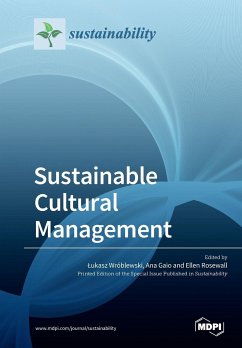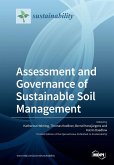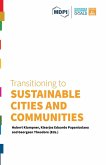The connections between culture and sustainability have been in the public agenda since the 20th century. However, whilst global sustainability programmes at international institutional levels are yet to recognise the role of culture in their sustainability policies, the bid (albeit failed) in the early 2000s to formally add "culture" to the trilogy of sustainability pillars (economic, social, and environmental) mobilised a new discourse for the reframing of cultural policy narrative, which in turn urged a reassessment of methods of cultural management reflecting the same concerns among the sector's grassroots. The idea of sustainability and culture working together and their envisioned role in future-proofing society and human development captured the imagination of cultural commentators, policy makers and practitioners alike, keen to fulfil these principles "out there"-in cultural organizations and events mega and small, in cities and regions, local and global. The papers in this Special Issue reflect this appeal. This publication covers a wide selection of issues related to sustainable cultural management, which means that it can be recommended to a varied audience. First of all, it can be recommended to managers experienced in cultural management, where success is measured more by the degree of mission accomplishment and the social benefits achieved rather than by profit. Another group comprises the employees of cultural organizations who want to improve their knowledge of sustainable cultural management. This Special Issue can also be recommended to artists, researchers, students, state and local government employees, founders and patrons of art, and all those who want to understand the importance of sustainable cultural management.
Hinweis: Dieser Artikel kann nur an eine deutsche Lieferadresse ausgeliefert werden.
Hinweis: Dieser Artikel kann nur an eine deutsche Lieferadresse ausgeliefert werden.








